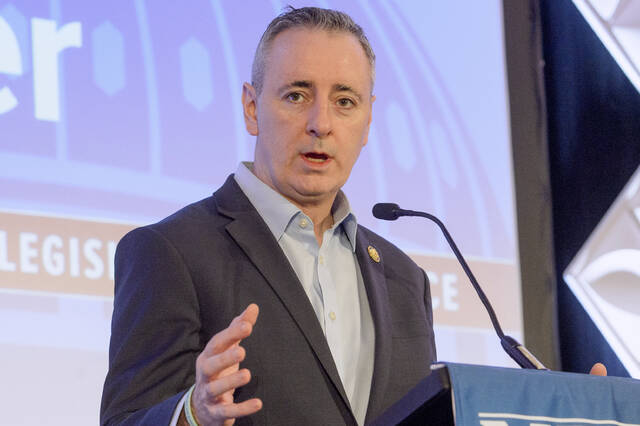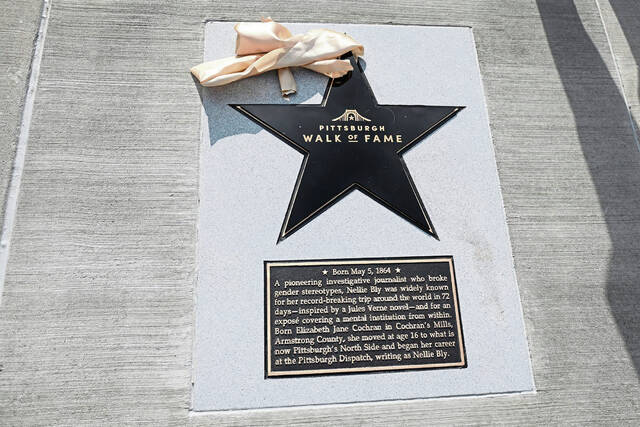Opinion journalism is sometimes dismissed as not actually being journalism.
Sometimes it’s reviled as the problem with today’s news consumption. There is fair criticism there. There certainly is a lot of opinion out there, and a lot of it fills the most prominent spots on cable news channels or the talk radio that plays in your car or at work.
But it is worth noting that not all opinion content is opinion journalism.
Opinion journalism has a perspective, which is something that news seeks to avoid. The object with covering a news event is to accurately relate the who, what, where, when, why and how in black and white, without technicolor speculation.
But opinion journalism offers interpretation — something that is important in fields such as government and law that can feel like foreign languages because, in many ways, they are. We wouldn’t expect someone to cover an event where everyone was speaking French without offering the reader a translation. Opinion journalism has a place because of that need.
On Wednesday, I had the rare opportunity to talk with other opinion journalists in a panel discussion hosted by the Pittsburgh Black Media Federation at Point Park University. I can’t thank Deborah Todd, associate opinion editor for The Hill, enough for extending the invitation.
We talked about what the job entails, from column writing to editorial writing to curating the work of other opinionated people who send us their op-eds and letters. We talked about what people understand about the opinion page and spent more than a little time on what people miss.
We discussed the pitfalls — why some of us don’t put our email addresses out there and why most don’t have comment sections anymore.
None of us occupied exactly the same role in exactly the same way — and all of us work for news organizations with different perspectives. The paths that took us to opinion writing were not the same.
But those detours and varied starting points and side quests along the way are all part of what gives opinion journalism its depth. It isn’t a microscope of an issue, like you find with an in-depth news feature. It’s not the telescope of a long-form investigation.
Opinion journalism is a kaleidoscope refracted by everything the writer brings to the table. It is important because it is the way we talk to each other on back porches and over coffee.
It has to be factual. It has to be honest. That’s where it differs from propaganda. It has to be free of ulterior motive, which is where it can differ from the op-eds submitted by an elected official or a lobbying organization.
But opinion journalism has the ability to take the next step after breaking news stories or features have presented facts. It can open eyes. It can organize information. It can put it into the context of a reader’s life by showing the context it holds for the writer.
The best opinion journalism is not what many believe. It isn’t a pundit or talking head telling you what to think or how to think. It is an opportunity to start a conversation about what one person thinks and why. It asks the reader to examine that idea.
And if people come away from it feeling like they understand the world just a little bit more than they did before? Well, that’s what journalism does.








